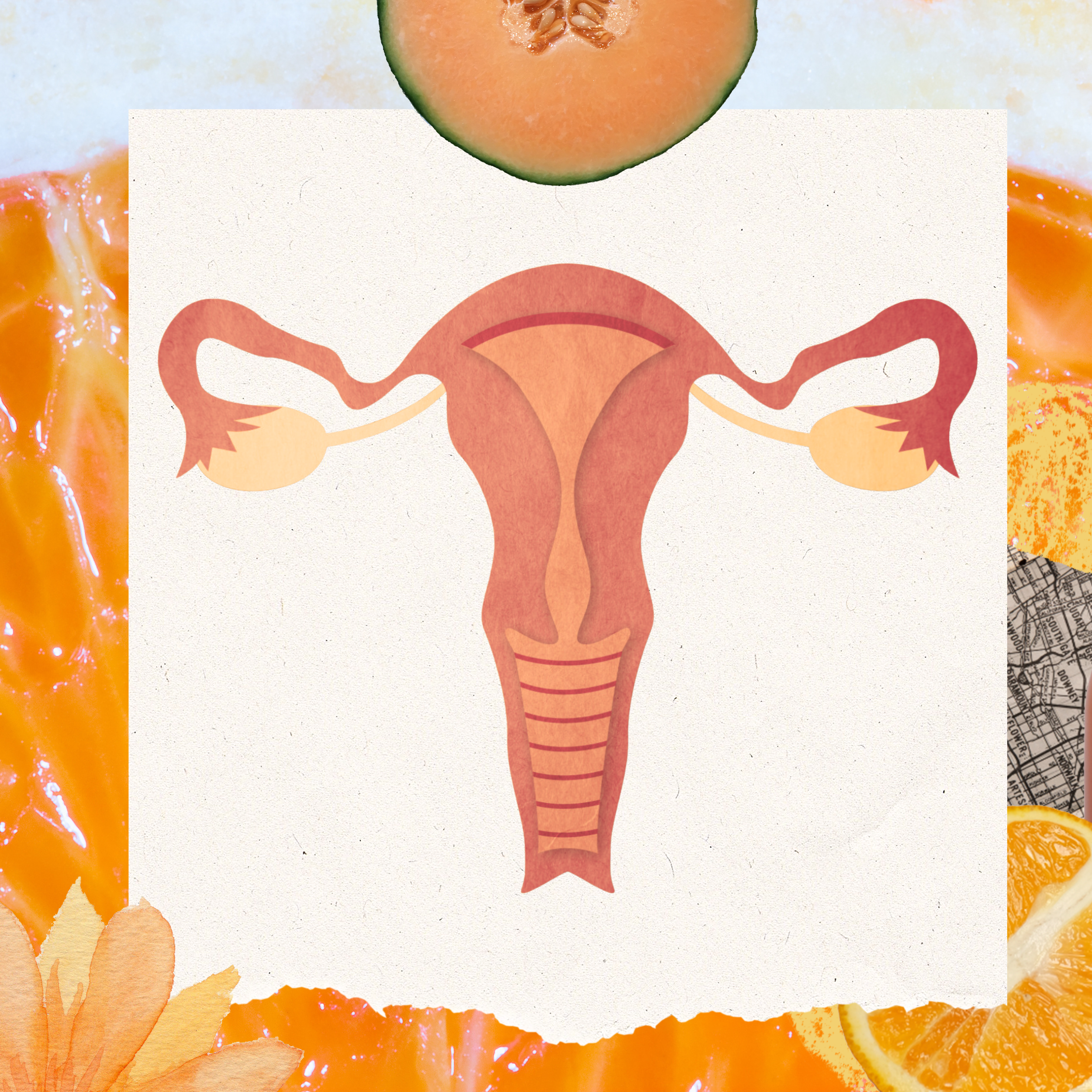Let’s talk about Pelvic Inflammatory Disease (PID)
What is Pelvic Inflammatory Disease (PID)?
PID occurs when one or multiple organs that are part of the female reproductive system are inflamed as a result of complications due to sexually transmitted infections (STIs) such as Gonorrhoea or Chlamydia. PID can also develop as a result of non-sexually transmitted infections, bacteria in the vagina introduced into the uterus via intrauterine contraceptive device (IUD) like the coil.
Why should I know about it?
Aside from the symptoms of PID which can be painful, disruptive or even debilitating, when PID is left untreated or isn’t properly managed (especially over multiple episodes) it can increase the risk of scar tissue forming in the fallopian tubes. This makes the tubes too narrow for eggs to pass from the ovaries to the womb. This may mean that an egg is fertilised while in the fallopian tubes (called an ‘ectopic pregnancy’), rather than in the uterus, which in turn can cause the tube to rupture. If a fallopian tube does burst it can cause major internal bleeding and sometimes presents a life-threatening emergency that needs immediate surgery. Both fallopian tube scarring and ectopic pregnancies can increase the risk of infertility.
How can I spot PID - what are the symptoms?
Pain and tenderness in the lower tummy
Pelvic pain
Bad-smelling vaginal discharge
Fever and chills
Nausea and vomiting
Pain when peeing
Pain during sex.
What can I do to prevent or manage PID?
Women and girls most at risk of contracting PID are sexually active and/or are using an Intrauterine Device (IUD). An IUD is a small T-shaped device that's put into your uterus by a doctor or nurse. It releases either copper or the hormone progestin to stop you from getting pregnant and protects against pregnancy for between five and ten years. It's sometimes called a ‘coil’ or ‘copper coil.
Unprotected sex is one of the key causes of PID (by spreading the bacteria that creates the condition).
Taking birth control pills can make a barrier, stopping bacteria from entering the uterus. If you've had pelvic inflammatory disease (PID), it's recommended to avoid using intrauterine devices (IUDs)/coil.
You can take the following steps to prevent and/or manage PID:
Practise safe sex: use condoms and get tested regularly for STIs, especially if you have new and multiple sexual partners
Wash your genitals regularly and keep them clean
If you think you might have any of the symptoms of PID, see your doctor so that you can be accurately diagnosed
If you do have PID, a doctor or nurse may prescribe you a course of antibiotics.


